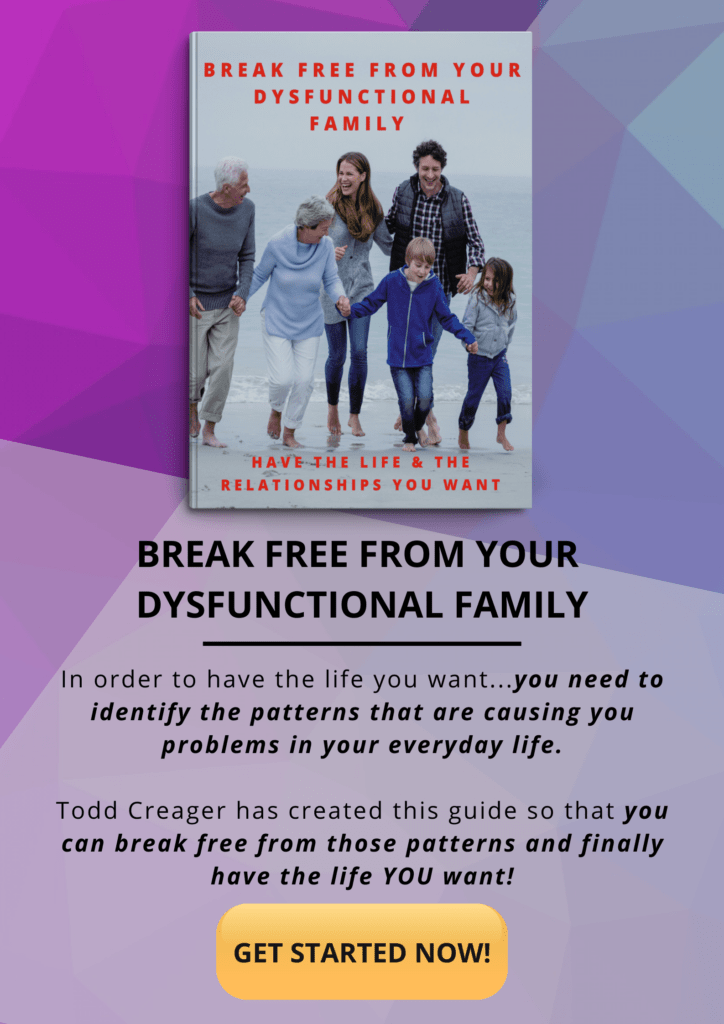How Your Attachment Style Affects Sexual Desire: What 30 Years of Therapy Taught Me
Hi everybody, this is Todd Creager, and today I want to share something with you that you probably won’t find in most articles or books about sexual desire.
After three plus decades of working with couples as a therapist, I’ve discovered some fascinating connections between how we attached to our parents as children and our sexual desire as adults.
If you or your partner are struggling with low sexual desire, what I’m about to share might just be the missing piece of the puzzle you’ve been looking for.
The Hidden Connection Between Childhood and Your Sex Life
Here’s what I’ve learned from working with countless couples: when someone has an insecure attachment with their parent, it can absolutely affect their sexuality as an adult.
And the attachment styles I’ve seen are both specific and surprising.
Let me break down what I mean by secure attachment first.
A secure attachment happens when your parent or caregiver truly tunes into you – your wants, your needs – and responds based on what you need, not what they need.
This helps you grow up learning how to soothe yourself while also being able to connect deeply with others. You’re not overly independent or overly dependent.
But when that secure attachment doesn’t happen? That’s where things get complicated in the bedroom.
The Mother-Son Dynamic That Kills Sexual Desire
I see this attachment style especially with men who have low sexual desire. Almost every time, when I dig into their history, I find a specific dynamic with their mother.
Picture this: a mother who was very enmeshed with her son, maybe even treating him like her emotional husband (not sexually, but emotionally).
She might have been overprotective, over-relying on him, perhaps distant from her actual husband. She responded based on her needs, not his.
What happens when that boy grows up and commits to a partner?
His unconscious mind starts projecting: “She’s going to be just like mom – needy, possessive, going to swallow me up with her needs.”
The symbolic act of sex – that intimate union – can unconsciously trigger fears of being consumed, of losing himself completely. So what does his psyche do to protect him? It shuts down his sexual desire entirely.
A Real Story: How Changing Seating Arrangements Changed Everything
Let me tell you about a case that perfectly illustrates this. I worked with a 40-year-old man who couldn’t consummate his marriage with his 26-year-old wife.
Everyone thought it was an erection problem, but it was really a desire issue – he just didn’t want sex.
When I explored his family dynamics, the picture became crystal clear. His whole family walked on eggshells around mom’s needs. Dad was passive.
All four kids focused on not upsetting mom. And as the oldest son, he had a special place – he was supposed to make mom proud.
Here’s the concrete example that changed everything: When they visited his parents, mom had little place cards for seating arrangements.
She always had her oldest son – my client – sitting right next to her, while his wife sat across the table behind a big plant where mom couldn’t even see her.
Talk about symbolism! The message was clear: “You’re mine, not your wife’s.”
So I gave him what might sound like a simple assignment, but it was actually profound: “At your next visit, before you sit down, make sure everyone’s around and say, ‘Excuse me everyone, I want to make a little change. Mom, I’m going to switch places with you. I want to sit next to my wife.'”
Both he and his wife were terrified. “The shit’s going to hit the fan,” they said.
And you know what I told them? “Good! The shit needs to hit the fan. You have every right to sit next to your wife.”
The Breakthrough Moment
He did it. Made the announcement, moved the plant, sat next to his wife. His mother didn’t speak to him for the entire weekend. Two of his siblings came up to him annoyed, asking why he had to rock the boat.
But here’s the beautiful part: Two months later, one of those brothers called him and said, “I know I got upset with you, but I was secretly envious that you stood up to mom. Does your therapist know a good therapist in our area?”
And my client? Within a week or two, he came to me saying, “It’s pretty funny – I’m feeling stuff down there.” As he developed his own sense of self regarding his mother, he no longer needed to protect himself by shutting down his sexual feelings toward his wife.
It’s Not Just Men: How Father-Daughter Relationships Affect Women’s Desire
Women face similar challenges, often stemming from their relationships with their fathers. Maybe she was heavily criticized, or dad favored her brother, or there wasn’t that healthy, secure attachment there.
When a woman doesn’t trust – because trust wasn’t safe in her formative relationships – she may protect herself by shutting down sexually.
After all, if she doesn’t feel sexual desire and doesn’t have sex, she won’t risk being abandoned or rejected.
I once worked with a woman whose mother and maternal grandmother both had husbands who cheated.
The family message was clear: “Men aren’t trustworthy, and sex is bad because it only brings pain.”
We worked together to help her heal from those generational traumas, to develop her own sense of self, and to understand that sex isn’t inherently good or bad – it’s what we make of it.
We also made sure her husband did everything possible to earn and maintain her trust.
The Path Forward: Healing Attachment Wounds
Here’s what gives me hope after all these years of practice: even if your parents have passed away, you can still do this healing work.
I’ve worked with many men and women whose parents were deceased, and we were still able to work through those attachment patterns and develop healthy, secure attachments with their partners.
The key is understanding that these patterns exist, recognizing how they might be playing out in your relationship, and doing the work to heal those old wounds.
Sometimes it’s about setting boundaries with living parents. Sometimes it’s about processing old hurts and developing new ways of relating.
Ready to Improve Your Intimacy?
If you’re struggling with low sexual desire – whether you’re the one experiencing it or you’re the partner of someone who is – it’s worth exploring these attachment patterns.
The pain you’re experiencing is real, but so is the possibility for healing and deeper connection.
Remember, every situation is different.
What I’ve shared here are patterns I’ve observed, but your specific situation deserves individual attention and care.
Professional help can be crucial in navigating these complex emotions and creating lasting change.
Are you ready to explore how your attachment style might be affecting your sexual desire?
Better intimacy – and a more fulfilling relationship – starts with understanding these deep patterns and having the courage to change them.
If you found this helpful, I’d love to hear from you. What resonated most? What questions do you have about attachment styles and sexual desire? Remember, healing is possible, and you deserve a relationship filled with trust, safety, and genuine intimacy.
Watch The Video Here and Discover Why Attachment Styles Impact Your Sexual Desire






Reader Interactions